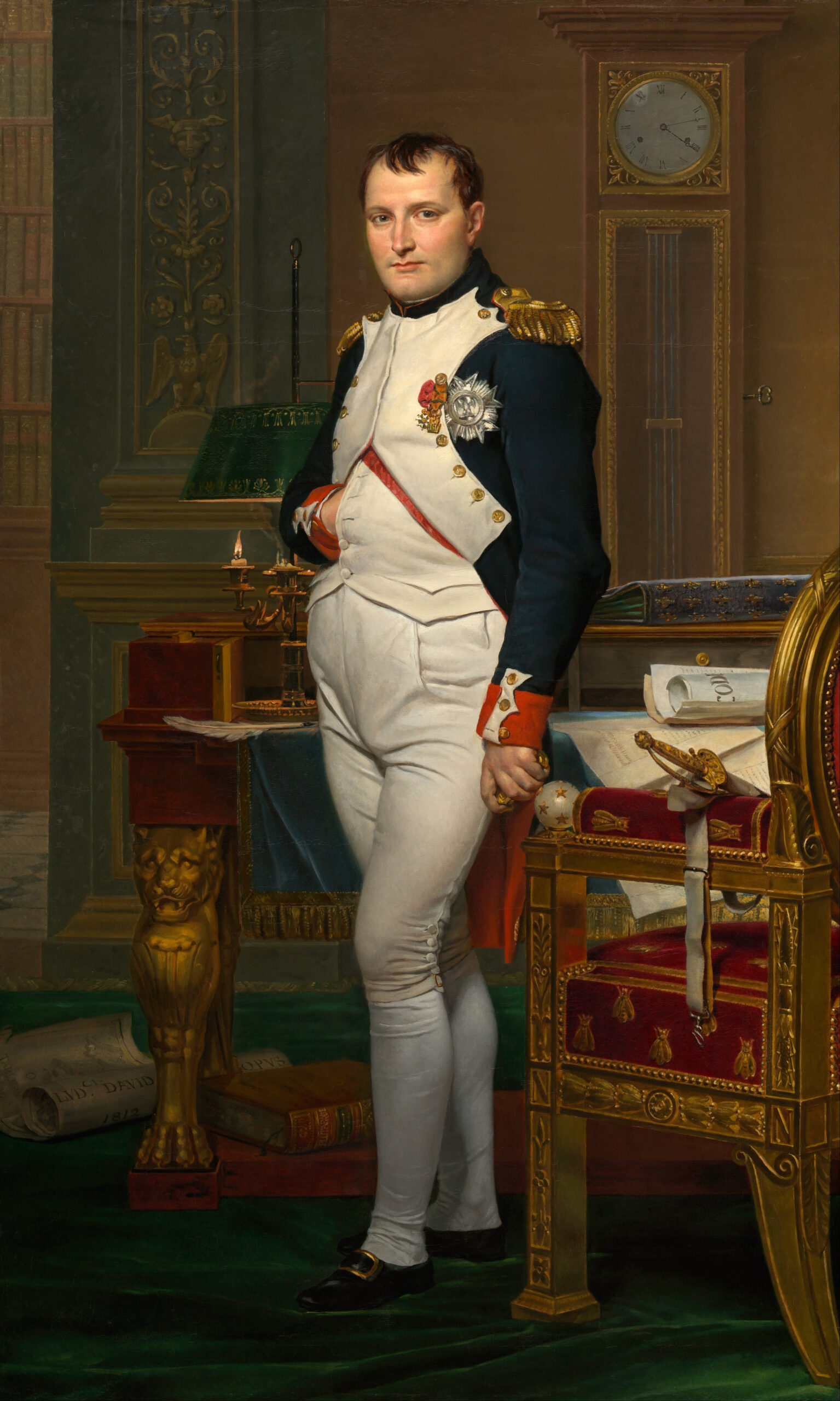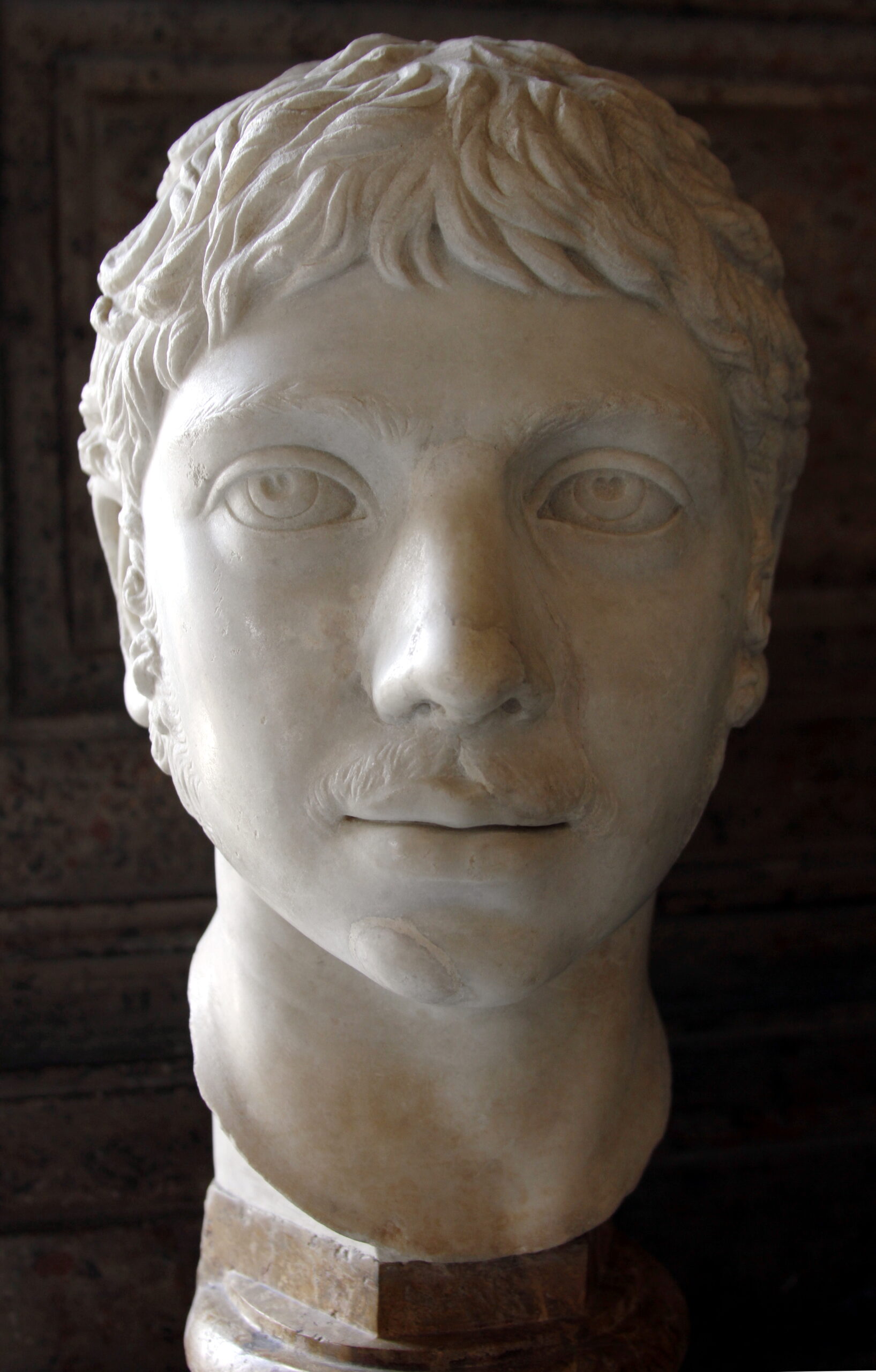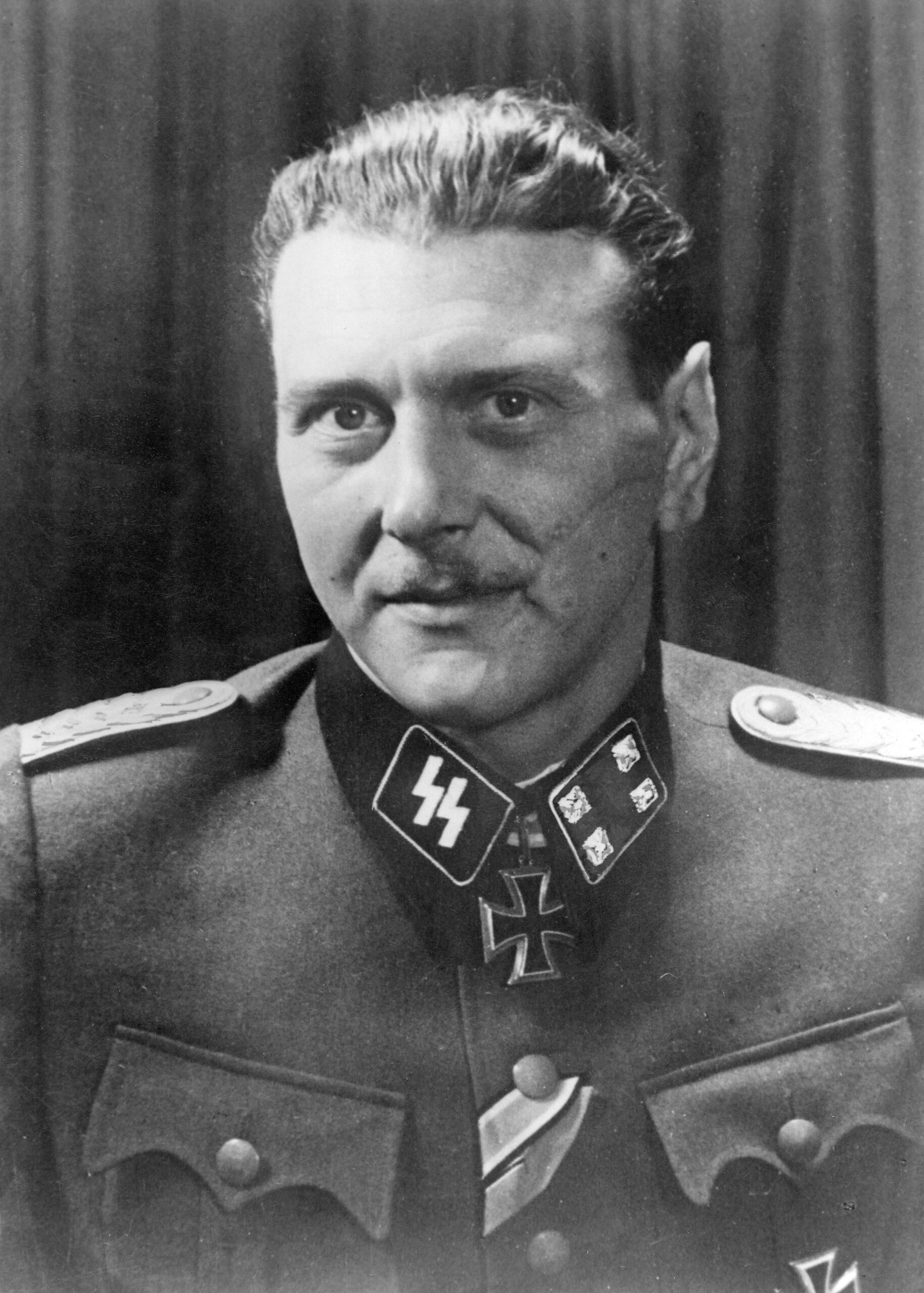Contrary to popular belief, one of Napoleon Bonaparte’s most humiliating defeats did not take place at the battle of Waterloo. Instead, it was during a rabbit hunt that the French Emperor suffered his greatest defeat, at least according to legend.
The story goes that Napoleon, notorious for his love of hunting, requested a rabbit hunt for himself and his army. His chief of staff dutifully set it up, with men rounding up approximately 3,000 rabbits for the occasion. When the rabbits were released from their cages, the hunt was ready to go – or so they thought. But the bunnies charged toward Bonaparte and his men in a viscous and seemingly unstoppable onslaught.
The bunny invasion was so unexpected and overwhelming that some historians believe that the story may have been embellished over time. However, there are some historians who believe that the story is based on fact. At the time, France was facing severe food shortages, and it is possible that mass breeding of rabbits for food could have resulted in an unusually large population. This could explain how the army was able to round up such a large number of rabbits, and it also explains why the rabbits may have been more aggressive than usual.
Regardless of whether the story is true or not, it’s an interesting anecdote that highlights Napoleon’s weaknesses as both a leader and a hunter. On the one hand, his love of hunting could be seen as a sign of his masculinity and testosterone, qualities that were highly valued in Victorian-era Europe. On the other hand, his failure to properly prepare for the rabbit hunt could be seen as a sign of overconfidence, an all-too-familiar characteristic of Napoleon’s leadership style.
In fact, Napoleon’s history is full of stories of epic miscalculations, missed opportunities, and sheer audacity. From his daring escape from Elba to his famous dictum, “I am the law”, Napoleon’s imprint on history is undeniable. But alongside his many successes, there are also stories of failed invasions, lost battles, and political blunders.
Perhaps the most famous of Napoleon’s failures is the battle of Waterloo, which has gone down in history as his greatest defeat. The battle, which took place in 1815, pitted Napoleon’s army against a coalition of British, Dutch, and Prussian forces led by Arthur Wellesley, Earl of Wellington. Napoleon’s army was ultimately defeated, and the Emperor was forced to abdicate for the second time.
The causes of Napoleon’s defeat at Waterloo are complex and multifaceted. Some historians have argued that Napoleon’s own hubris played a large role, with his overconfidence leading him to believe that he could defeat a larger, better-equipped enemy. Others have pointed to lack of resources, communication breakdowns, and tactical errors as contributing factors.
But regardless of the reasons behind his defeat, there can be no doubt that Napoleon’s legacy is a complex and multifaceted one. For some, he is remembered as a brilliant military tactician and transformative leader, while for others he is seen as a power-hungry tyrant who destroyed the freedom and dignity of the French people.
This legacy is important not just because of the impact that Napoleon had on history, but also because of the ways in which his story continues to shape our understanding of power, leadership, and valor. By examining the examples of Napoleon’s successes and failures, we can gain a deeper understanding of the qualities that make a leader effective or ineffective, the role that luck plays in history, and the importance of humility and introspection in political leadership.
In short, while some may view Napoleon’s bunny-blunder as a light-hearted anecdote, it serves as a reminder that even the most powerful and revered individuals are subject to unexpected challenges and mistakes. By studying these missteps, we can learn valuable lessons about leadership, strategy, and resilience that will help us to navigate uncertain times with greater confidence and clarity.
image sources
- Jacques-Louis_David_-_The_Emperor_Napoleon_in_His_Study_at_the_Tuileries_-_Google_Art_Project: https://commons.wikimedia.org/wiki/File:Jacques-Louis_David_-_The_Emperor_Napoleon_in_His_Study_at_the_Tuileries_-_Google_Art_Project.jpg#/media/File:Jacques-Louis_David_-_The_Emperor_Napoleon_in_His_Study_at_the_Tuileries_-_Google_Art_Project.jpg



